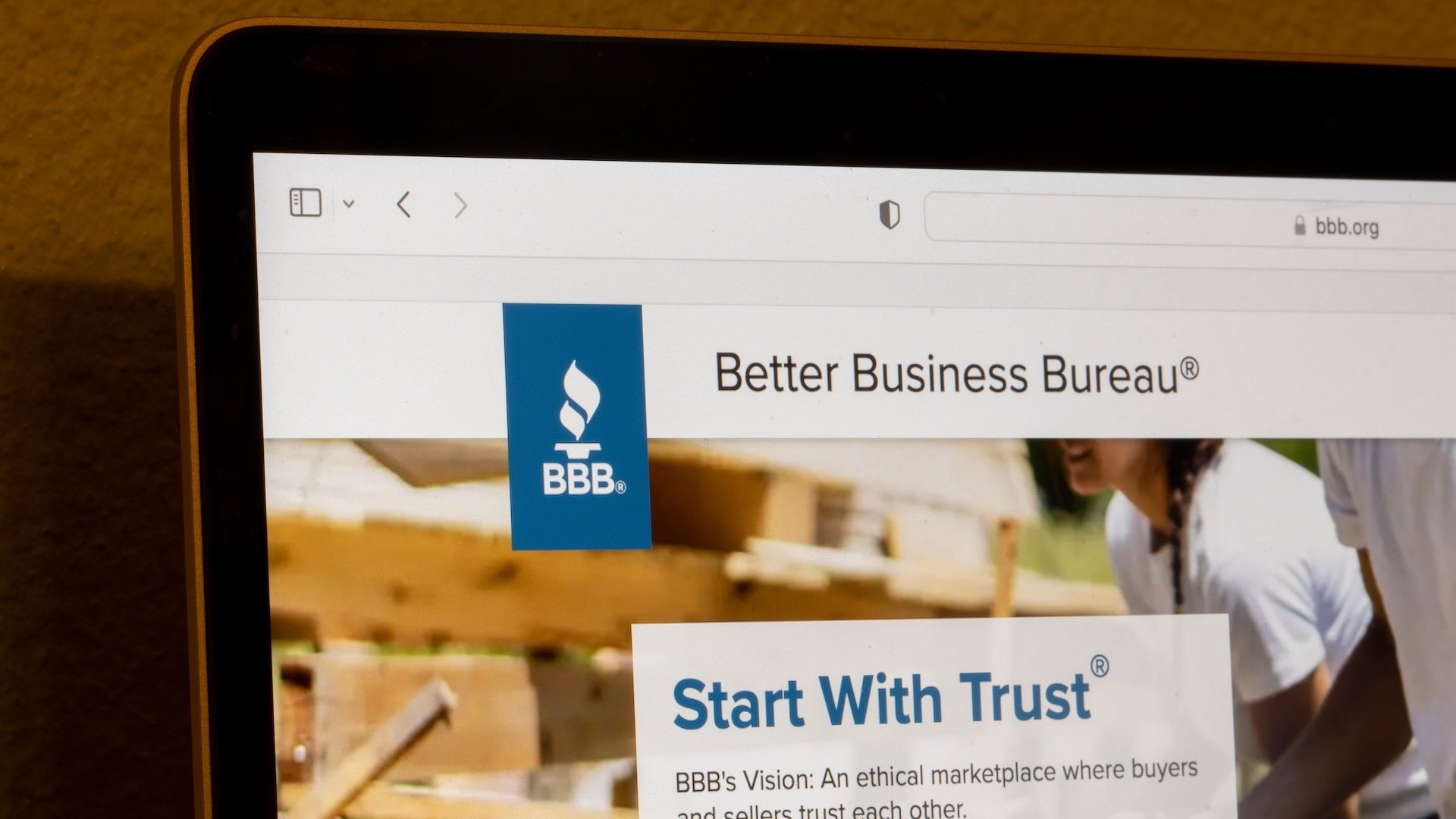Scammers never miss an opportunity to prey on people’s fear and confusion—and now they’re capitalizing on the ongoing federal government shutdown to steal money and information from vulnerable targets.
As Axios notes, reports of imposter scams—in which fraudsters impersonate government officials or agency representatives—rose in October as Americans experienced the loss of federal services and benefits. The Better Business Bureau’s (BBB) Scam Tracker received 211 such complaints last month. Scammers are also taking advantage of shutdown stress to pull people into investment schemes and other malicious (and AI-driven) activity.
Common government shutdown scams
One common variety of shutdown scam is government impersonation. Bad actors may call, text, or email you pretending to represent a federal agency—like the IRS or Social Security Administration—that has programs or benefits you use. They’ll ask you to verify personal information or pay a fee to avoid losing your benefits or interrupting your service. In some cases, they may even threaten you with fines or legal action if you don’t comply. This is a common scam tactic that relies on people acting quickly out of fear.
Other scammers may pose as service providers trying to help you access certain government programs (like passport renewal) or offering grants or financial assistance. Axios highlights one such instance in which the individual received a call about a $5,000 “relief check.” There are multiple reports of scammers targeting SNAP recipients with offers of emergency food or grocery relief. People in areas with federal offices or military bases may be targeted specifically.
In these cases, bad actors may try to collect sensitive information, which they can use to steal your identity. Scam emails and texts to “redeem” or “claim” offers are also vectors for phishing links, which may lead to spoofed government websites designed to harvest your login credentials or other data.
AI is facilitating many of these schemes: Nevada’s deputy secretary of state for securities issued a warning this week about scammers using AI to impersonate government officials, law enforcement, and financial professionals as well as to create deepfakes of trusted individuals known to potential victims—making it more likely that targets will send money or provide access to their information.
Protect yourself from shutdown scams
You should always be on guard against common scam tactics, such as any unsolicited communication that either sounds too good to be true or sparks a strong emotion (like fear). Know that scammers will often ramp up activity when people are vulnerable in hopes that you will act before thinking.
If you get a call, text, or email from someone who pressures you, it’s probably a scam. Never click on links in from unverified sources, and always confirm that the person on the other end is who they claim to be by contacting the organization through their official website or social media channels. You should also verify urgent communication from family or friends—no matter how personal it sounds—especially if you’re being asked to send money.
Government employees will not call and demand that you hand over money or personal information—and right now, many are furloughed as most federal agencies are closed. (Unfortunately, that includes the Federal Trade Commission, so consumers currently cannot log fraud reports or opt into the Do Not Call registry.)
